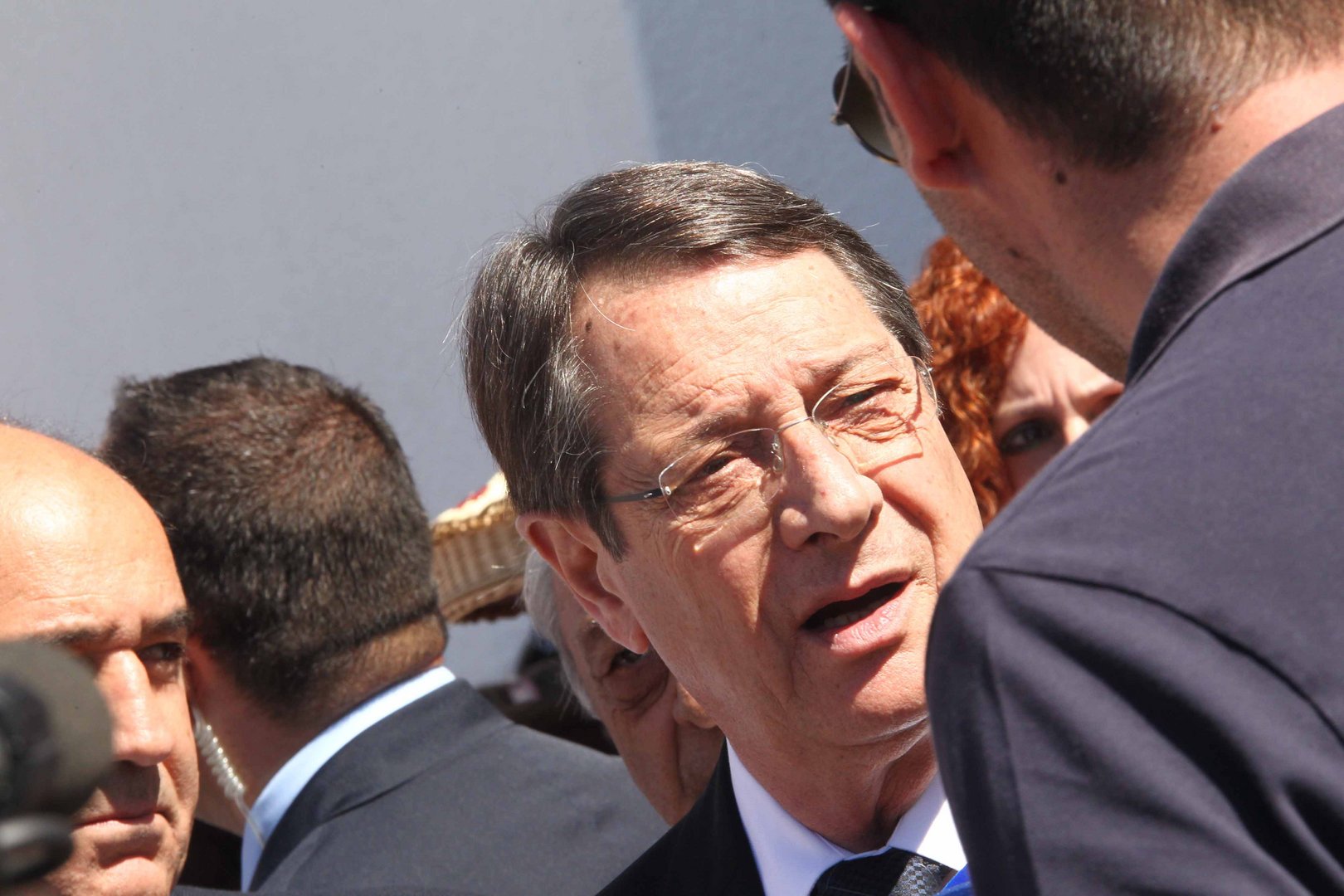President Nicos Anastasiades is in Brussels for the European Council Thursday and Friday where EU leaders are expected to discuss the situation in Ukraine, and also with US President Joe Biden.
EU leaders will exchange views on various aspects of the Russian invasion of Ukraine, such as the ongoing diplomatic efforts to end the war, the increasing flow of refugees to various other European countries, the humanitarian and financial support Ukraine needs and the sanctions on Moscow.
A statement released by the president’s office on Thursday said some of the sanctions were being challenged by EU candidate countries, with Turkey leading the way.
The statement adds that during his address to his EU counterparts, Anastasiades would draw some parallels between the current situation in Ukraine and what happened in Cyprus in 1974.
He will also try to explain the reasons why the passage of time does not produce justice nor does it wash away the invasion and occupation of a country by a larger neighbour.
Furthermore, Anastasiades will brief his European counterparts on the confidence building measures he has proposed, which are aimed creating the conditions for the resumption of negotiations to solve the Cyprus problem.
Another important item on the agenda of the second day of the European Council will concern the energy market, in light of the EU’s will to achieve independence from Russia’s natural resources through the diversification of its supplies.
Anastasiades will highlight the important role that Cyprus can play in this direction, through major energy projects and synergies with partners in the wider region and neighbouring countries.
In addition, heads of state will exchange views on the key issue of high energy prices recorded in recent months and will examine specific measures that could mitigate the rising costs borne by EU citizens and businesses.
Other items set to be discussed during the European Council will be the strengthening of the bloc’s defence and security, as well as any ongoing developments on the Covid-19 pandemic.






Click here to change your cookie preferences